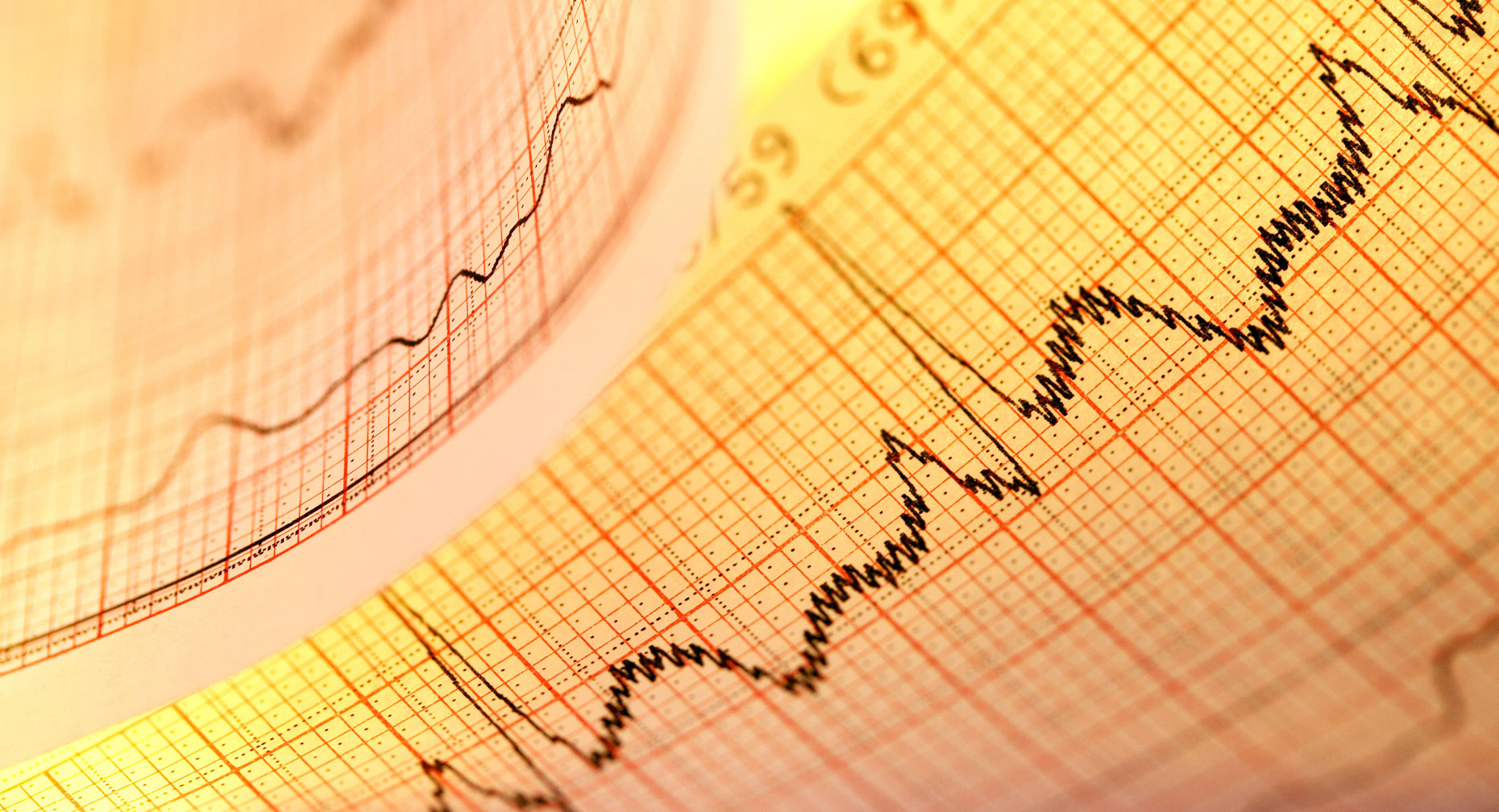Healthy Thyroid, Healthy Heart

Just like your heart, your thyroid affects all kinds of important functions in your body that you may never think about. Because they’re both essential to your good health, a problem with your thyroid can seriously affect your heart.
Your thyroid is a small gland in the front of your neck. It releases hormones that play a huge role in how your body uses energy, and in how your organs function, including your heart. If your thyroid doesn’t function properly, it may release too much, or not enough hormones. Either way, if left untreated, the result can cause serious problems with your heart.
An Underactive Thyroid and Your Heart
If your thyroid is underactive, it isn’t producing enough hormones, so your metabolism will be slower than normal. This condition is called hypothyroidism. The result has this domino effect on your heart:
1. Too little thyroid hormone slows your heart rate.
2. A slower than normal heart rate causes your arteries to become more rigid, less elastic.
3. Rigid arteries make your heart work harder to move your blood throughout your body.
4. This extra pressure on your heart increases your blood pressure.
A slower than normal heart rate (less than 60 beats a minute), rigid arteries and high blood pressure can seriously strain your heart. Although rare, conditions like these can lead to heart failure, heart attack, stroke, sudden cardiac arrest and peripheral artery disease, which occurs when your legs don’t get enough blood.
Hypothyroidism can also increase your levels of LDL (bad) cholesterol, total cholesterol, triglycerides, and other fats that are related to heart disease.
An Overactive Thyroid and Your Heart
If your thyroid is overactive, it’s producing too much hormone and your metabolism will be faster than normal. This condition is called hyperthyroidism. This can cause your heart to beat faster than normal, which can lead to:
- Abnormal heart rhythms that could cause sudden cardiac death, according to a 2016 study reported by the American Heart Association
- Atrial fibrillation (irregular heartbeat), the most common and also the most dangerous heart risk associated with thyroid disorders
- Heart palpitations (a sudden awareness of your heartbeat)
- High blood pressure
- Angina (severe pain in the chest which sometimes spreads to the shoulders, arms and neck)
What Should You Do?
If you have symptoms of hypothyroidism or hyperthyroidism, tell your doctor. A simple blood test can determine if your thyroid is behaving properly or not.
What’s the Treatment Plan?
The usual treatment for hypothyroidism is a hormone pill that you’ll need to take every day for the rest of your life. By doing so you’ll avoid the damage that an underactive thyroid can have on your heart. You’ll also need regular checkups with your doctor to make sure other heart-related problems don’t occur. Your doctor will re-check your thyroid periodically to determine if the dosage of your hormone pill should be changed.
The typical treatment for hyperthyroidism is to reduce the amount of thyroid hormone your body produces. Afterwards you will need to take hormone pills for the rest of your life. This treatment can avoid the damage that an overactive thyroid can have on your heart. Your doctor will want to see you for routine checkups to adjust the dosage, if needed, and to be sure your heart is acting normally.
Story Credit: https://www.premierhealth.com/Women-Wisdom-Wellness/Content/Healthy-Thyroid,-Healthy-Heart/


